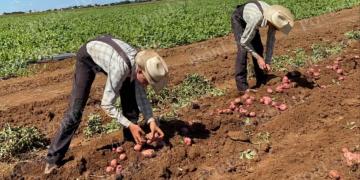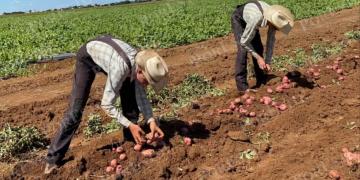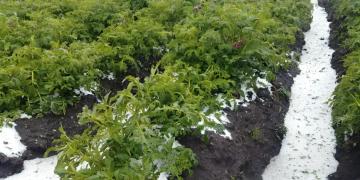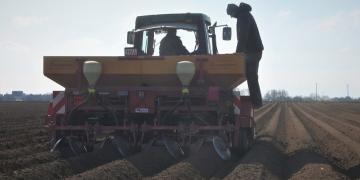Colombia (Ipiales): Potato plague added to the crisis caused by low prices
Concern is growing among farmers and peasants in the department of Nariño, who are facing a difficult situation due to the drastic drop in potato prices, one of the region’s most important agricultural products.
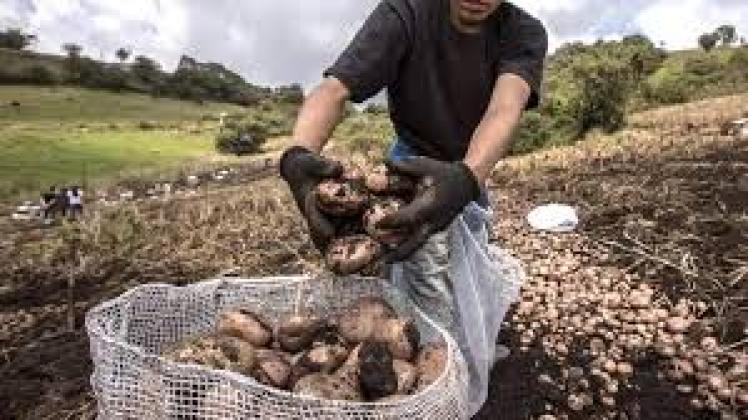
Added to this is the spread of the Purple Spike vector, a bacterial disease transmitted by insects that has caused severe crop losses, bringing many producers to the brink of bankruptcy.
Producer and peasant leader Wilson Muñoz stated that, according to DANE figures, more than 24,000 hectares of potatoes are grown in Nariño each year, making it the second-largest producing department in the country. However, a load of capiro potatoes currently sells for barely $50,000, and superior potatoes sell for $40,000, well below production costs, which range between $80,000 and $100,000 per load, depending on the area and the use of inputs.
Wilson Muñoz, a renowned farmer and peasant leader, warned that this situation threatens not only the agricultural sector but the entire regional economy. “If agriculture loses, we all lose. The countryside and the city enter a crisis. When farmers do poorly, the economy collapses, because much of border trade is sustained by sales made by rural producers,” he said.
Furthermore, the Punta Morada pest, originating from neighboring Ecuador, is affecting both the quality and yield of potato crops. This disease has already spread to municipalities such as Túquerres, Pasto, Ipiales, and Guachucal, where farmers report losses of up to 70% of their crops. The lack of technical support and effective solutions from the State has exacerbated the crisis.
The impact is profound: many families have chosen to abandon their lands, increasing the flow of migration to the cities, where they face new social problems. Added to this is a chain of impacts on commerce, transportation, services, and employment, in both rural and urban areas.
The current situation demands immediate intervention by the national and departmental governments, with urgent measures such as technical assistance, production subsidies, pest control, and guaranteed fair prices for farmers. Protecting farmers means protecting the country’s food sovereignty.
Fuente:

